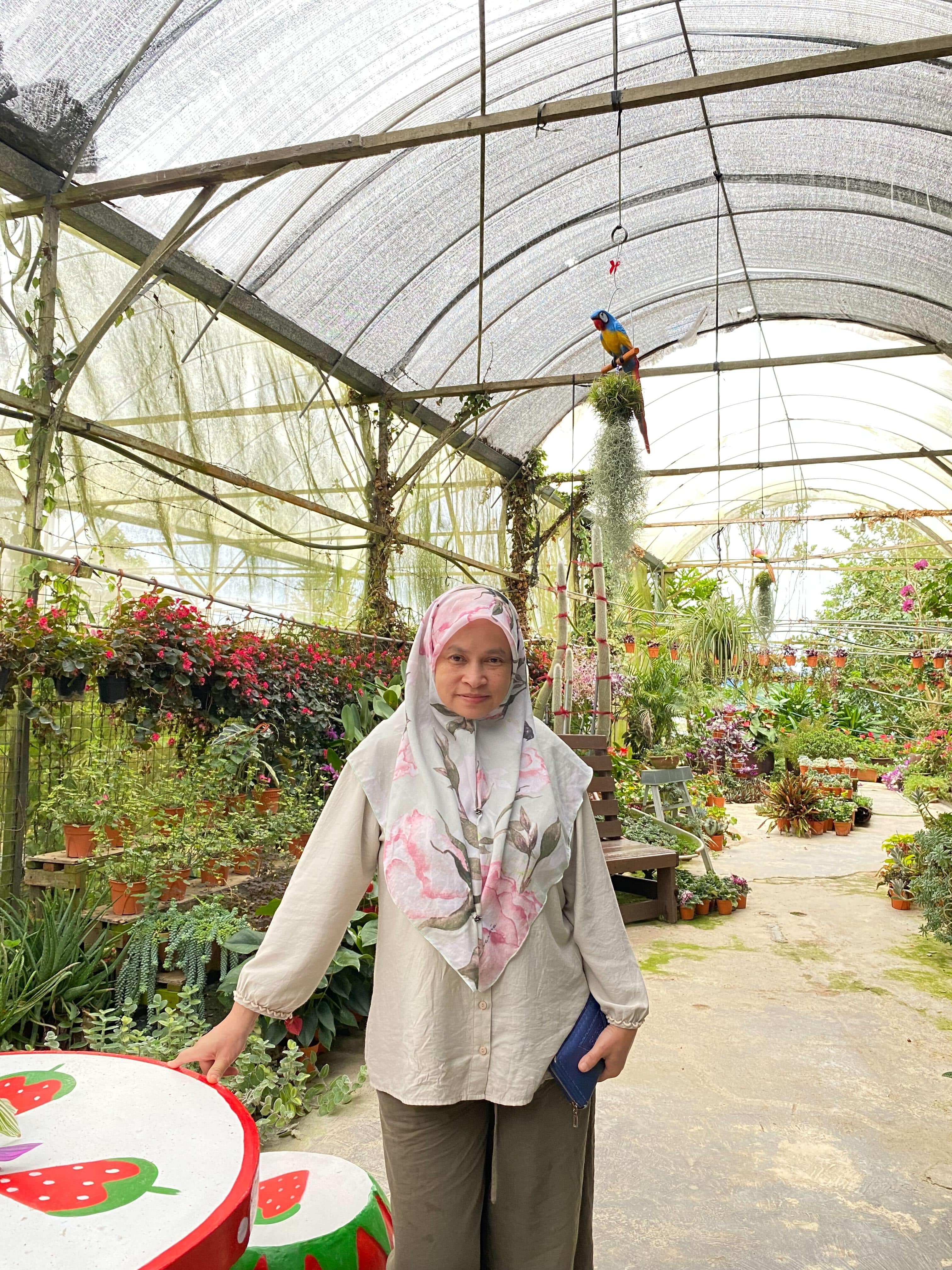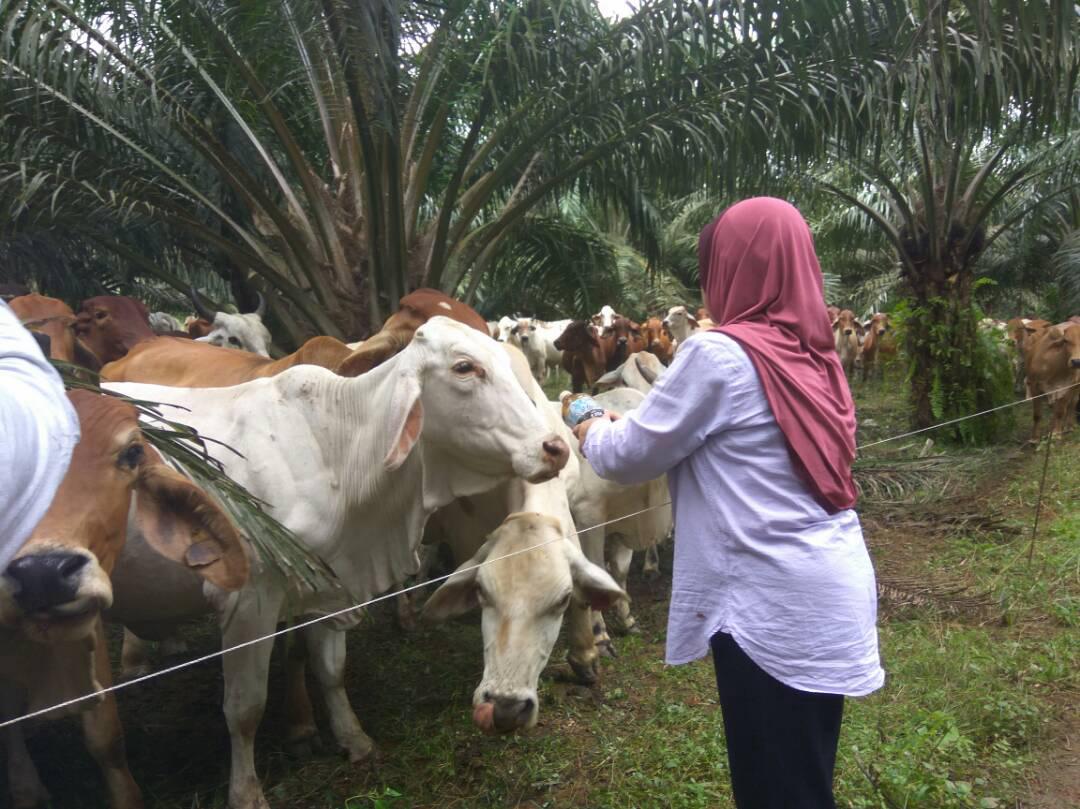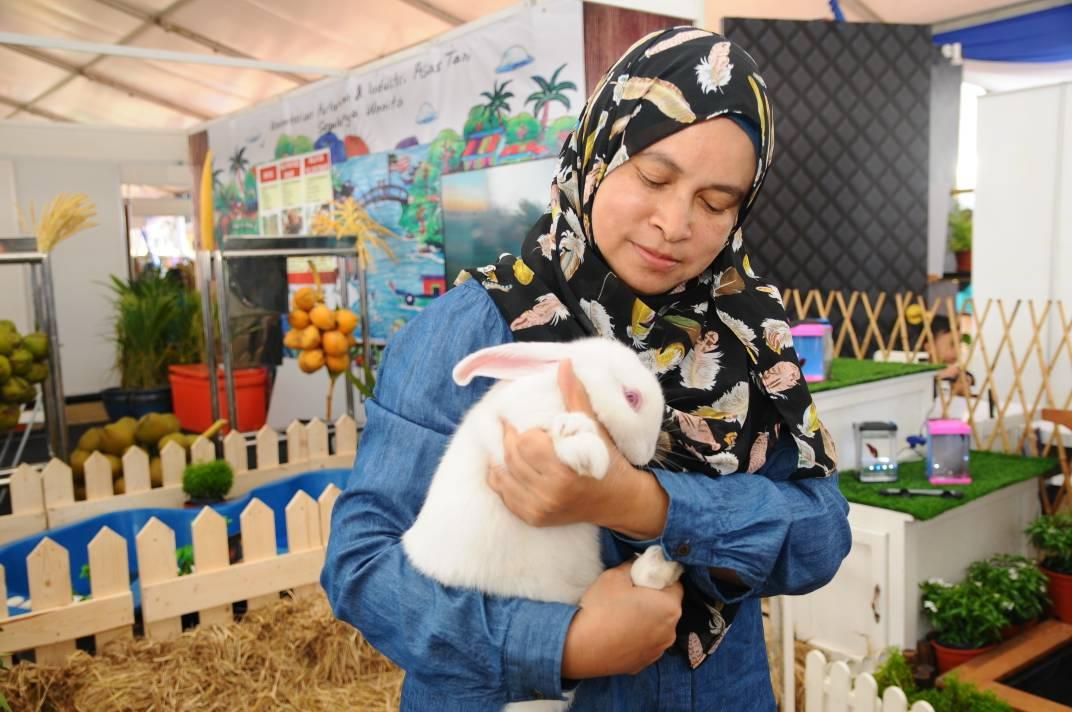Inside the Vet World Part II: Dr Maswati on the Realities of Veterinary Work

Munirah Ahmad Niza
October 16, 2025
“Protecting animals means protecting people too.” From fighting outbreaks to safeguarding our food supply, Dr Maswati reveals what it truly means to be a veterinarian beyond the clinic, and how her work shaped Malaysia’s animal and public health.
- Vet school demands perseverance, discipline, and sacrifice, but it also builds resilience and purpose.
- Veterinary work goes far beyond pets: it includes public health, research, livestock, and biosecurity.
- Government vets safeguard both animal and human health by monitoring zoonotic diseases and food safety.
Former Head of Epidemiology, Veterinary Disease Control and Biosecurity Division at the Department of Veterinary Services (DVS) Malaysia, Dr Maswati Mat Amin, has dedicated her career to protecting both animal and human health.
With a Doctor of Veterinary Medicine (DVM) and Master of Science (MSc) from Universiti Putra Malaysia (UPM), she offers a wealth of insight into the world of veterinary science, from classroom lessons to disease control on a national scale.

We interviewed Dr Maswati to learn more about her inspiring journey, the realities of being a government veterinarian and how her work continues to shape Malaysia’s animal health and public safety landscape.
🐱Haven’t caught part 1 yet? Head over here and give it a read first!
1. First of all, what inspired you to choose veterinary medicine as your field of study?
I chose to study veterinary science because of my deep affection for animals, especially cats. My love for them sparked my interest in understanding animal health and caring for their well-being.
2. What was your vet school journey like, and what lessons stayed with you the most?
It wasn’t an easy path. Earning the degree required a lot of sacrifice, time and effort. While other students could go home during semester breaks, veterinary students often couldn’t because the course was demanding.
You need strong determination and focus, as it covers a wide range of animals and fields related to health, production, and even human and environmental aspects. The biggest lesson I learned was the importance of perseverance and the value of hard work.
3. People often imagine vets only treat pets. What’s the biggest misconception about your profession?
Many people think veterinarians only treat pets, but that’s far from true. There are many fields within veterinary medicine, including government service, public health, academia, research, zoo and wildlife care, livestock industries, consulting, and even entrepreneurship.
It’s a diverse and dynamic profession with many pathways beyond small animal practice.

4. How does your work protect not just animals, but people too?
Our work extends to public health. We monitor and control zoonotic diseases, those that can spread from animals to humans, such as rabies.
We also ensure that food from animal sources, such as meat and milk, is safe for consumption through strict inspections and regulations at farms, slaughterhouses, and processing plants.
5. Can you share a memorable experience from handling an outbreak?
One of the most unforgettable moments was during the Nipah virus outbreak. Witnessing the death of animals on affected farms, and later learning that a farmer from one of those farms also passed away due to the same virus, was deeply impactful.
It reminded me of how interconnected animal and human health truly are.
6. What skills are most important in your line of work?
Being a government vet requires multidisciplinary skills. You need to adapt to various roles, from lab work and disease monitoring to managing animal industry development and leadership positions.
Over time, you build expertise in technical, analytical and managerial areas.
7. How do you balance animal welfare with economic or public health concerns, such as culling during outbreaks?
Culling is always a difficult but sometimes necessary decision during outbreaks. At DVS, we ensure that such actions are carried out in the most humane and scientifically justified way possible, taking into account both animal welfare and public safety.
8. What is the most rewarding part of being a veterinarian for you personally?
The most rewarding part is the satisfaction of seeing sick animals recover after treatment. It’s also fulfilling to contribute to Malaysia’s animal industry, whether directly or indirectly, by supporting its growth and maintaining its health standards.

9. And finally, what advice would you give to students who are thinking about vet school but aren’t sure what to expect?
Do your research before enrolling. Understand what the course involves. It’s not easy, and you’ll need focus, discipline and resilience. However, if you’re passionate about animals, it will all be worth it in the end.



